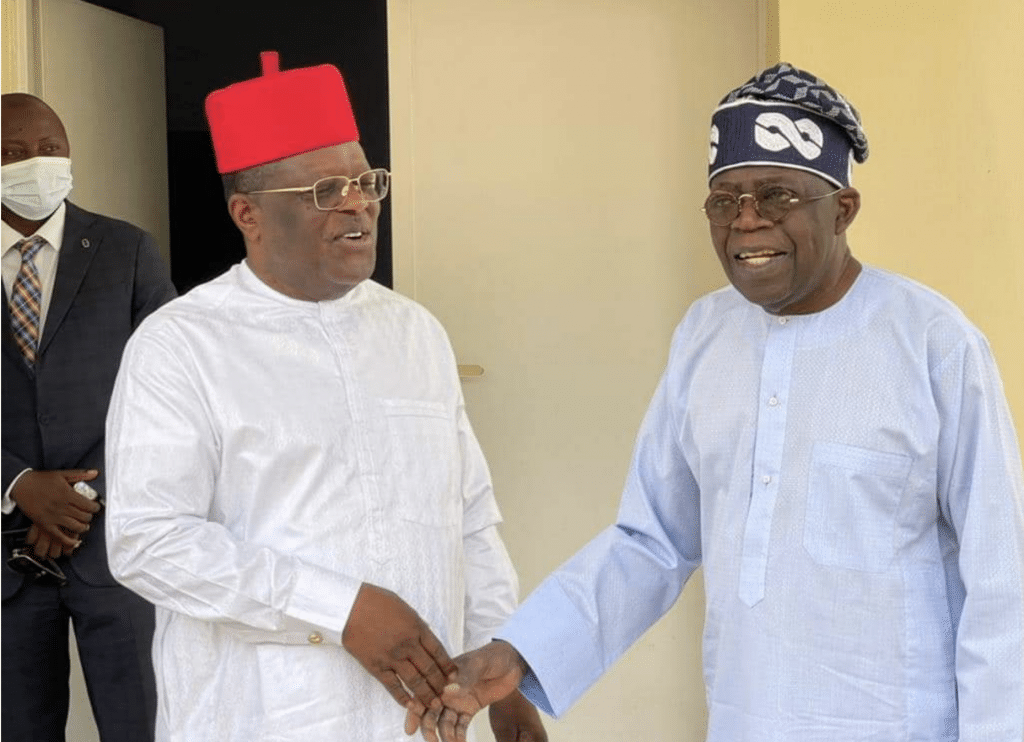The National Coordinator of the federal government Sector-Wide Approach (SWAP) Dr Muntaqa Umar-Sadiq has said that one of the criteria for accessing the Basic Health Care Provision Fund is that states must provide 35 percent counterpart funding and also show evidence of progress in revitalization of primary health centres in their areas.
He observed that about 8,000 primary health centres that have been rehabilitated out of over 34,000 spread across the country adding that the government is working to increase the number revitalized Primary Healthcare Centres to 17,000 by 2027.
Speaking at a media engagement BHCPF in Abuja, Muhammad said that BHCPF was meant to provide essential healthcare services to all Nigerians, with a focus on the poor and vulnerable population.
He highlighted the inadequacy and inequitable financing of Nigeria’s health sector stressing that only 3 per cent of Nigeria’s Gross Domestic Product is allocated to healthcare, with just 40-69 per cent of the federal budget for health being utilised effectively.
He added that SWAp aims to increase transparency and efficiency in the allocation and utilization of funds.
The coordinator explained that BHCPF operates through four main gateways, each with specific responsibilities to ensure the effective use of funds and they include National Health Insurance Authority (NHIA),
National Primary Health Care Development Agency (NPHCDA), National Emergency Ambulance Service and Nigeria Centre for Disease Control and Prevention (NCDC).
Muhammad enumerated challenges facing the Fund such as timely disbursement of funds, coordination among the gateways, and ensuring equitable resource distribution remain critical to the success of the BHCPF.
Also speaking, a representative of the National Health Insurance Authority (NHIA) noted that about 8,200 health care facilities across the country now receive direct disbursements, with approximately 160,000 citizens benefiting from BHCPF while the utilization rate stands at 15 per cent nationwide.
He said, “So far, we have disbursed N63bn through the NHIA gateway since inception which is 2019. Also, 8200 facilities have benefited from direct disbursement versus 7800 when we started. Also, 160 000 citizens have access to benefit from BHCPF,”
According to the NHIA, all 36 states, including the Federal Capital Territory, Abuja, have established State Social Insurance Agencies.
The Basic Health Care Provision Fund is a component of Nigeria’s National Health Act, designed to ensure that every Nigerian has access to basic healthcare services, particularly the poor and vulnerable populations.
The fund is sourced primarily from the federal government’s consolidated revenue and donor contributions. It aims to strengthen the health system, improve healthcare delivery, and increase access to essential health services in the country.

 3 months ago
8
3 months ago
8















 English (US) ·
English (US) ·